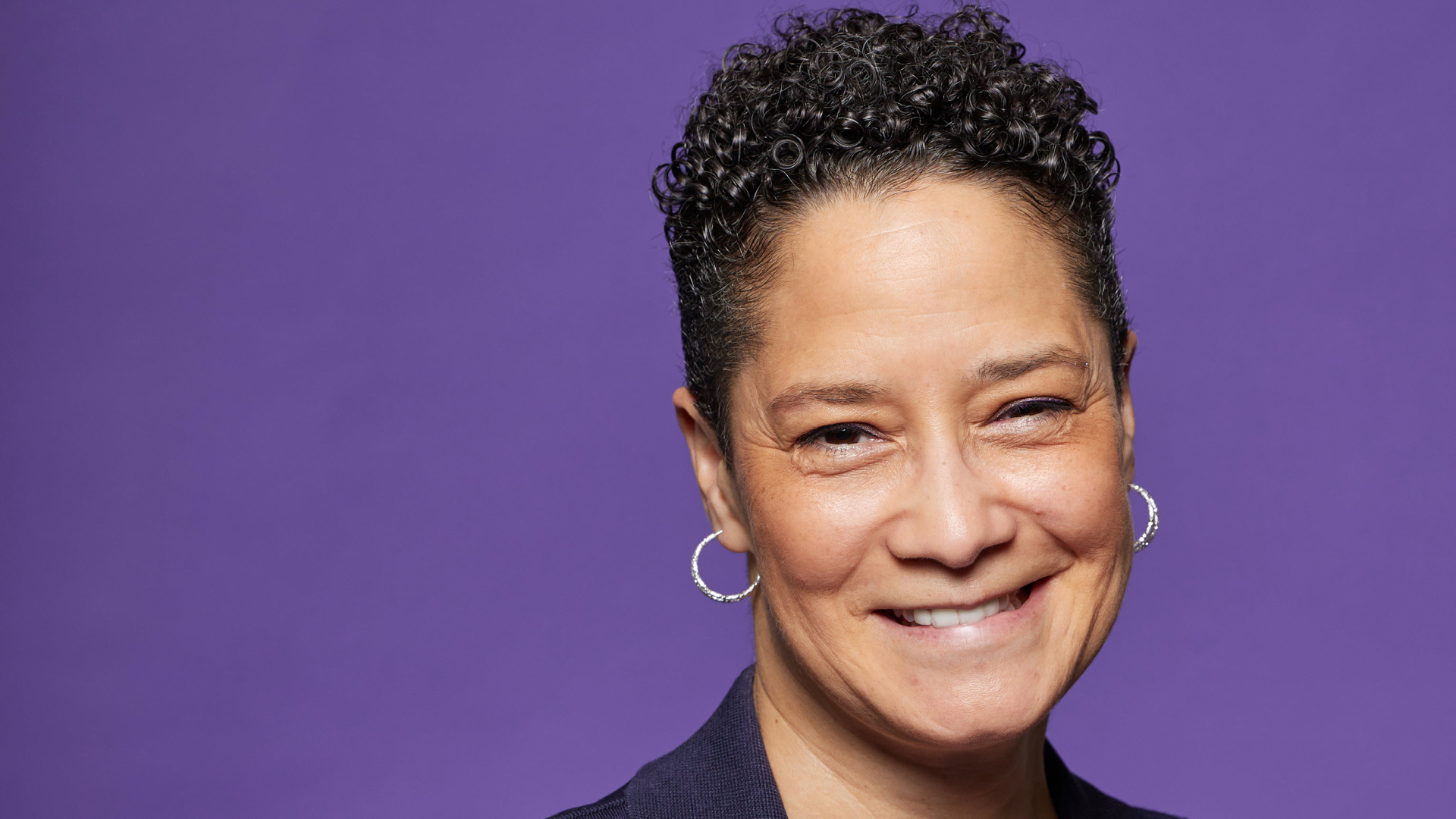
The Energy of Belonging: 75 Ideas to Spark Workplace Community offers employees 75 strategies to feel closer to co-workers.
“I think the pandemic really heightened how important connection is for us at work, and now that we know it, it’s hard to ignore it.”
Workers emerged from the pandemic with new demands, says Wendy Gates Corbett ’91. Just look at the flexible schedules and remote work companies are offering employees to hold onto them. But Wendy says one major perk that remains elusive at many companies is a sense of belonging.
And it’s not going away. “I think the pandemic really heightened how important connection is for us at work,” says Wendy, “and now that we know it, it’s hard to ignore it.”
Wendy’s new book, "The Energy of Belonging: 75 Ideas to Spark Workplace Community,” was written with that problem in mind. The book wasn’t written for C-suite executives to trickle down to the masses. Rather, she says, it’s for the employees themselves. “These [ideas in the book] are intentionally low-hanging fruit for people who don’t have a lot of time or think that they don’t have a lot of power. But they really do have that power.”
Wendy’s book is based on more than 1,500 surveys she sent to companies of all sizes around the world. The 75 ideas are parsed out equally: 25 ideas are for workers to feel connected, 25 ideas are for feeling respected and another 25 are for feeling protected.
Wendy, who earned a Psychology degree at Guilford, is a speaker, author, consultant and adjunct professor of Leadership and Management at Duke University. She’s also a member of Guilford’s Board of Trustees, having joined in October.
Wendy says a favorite strategy she discovered for bringing workers together happens to be one of the easiest. “I hear from so many people that they feel connected to their colleagues and leaders when those colleagues and leaders talk to them about non-work stuff,” she says.
“That doesn’t mean it has to be all day long or add a half hour to the meeting. But just a simple question about life outside of work shows others you see them as a whole person. That’s a huge and positive impact for such a small question.”

